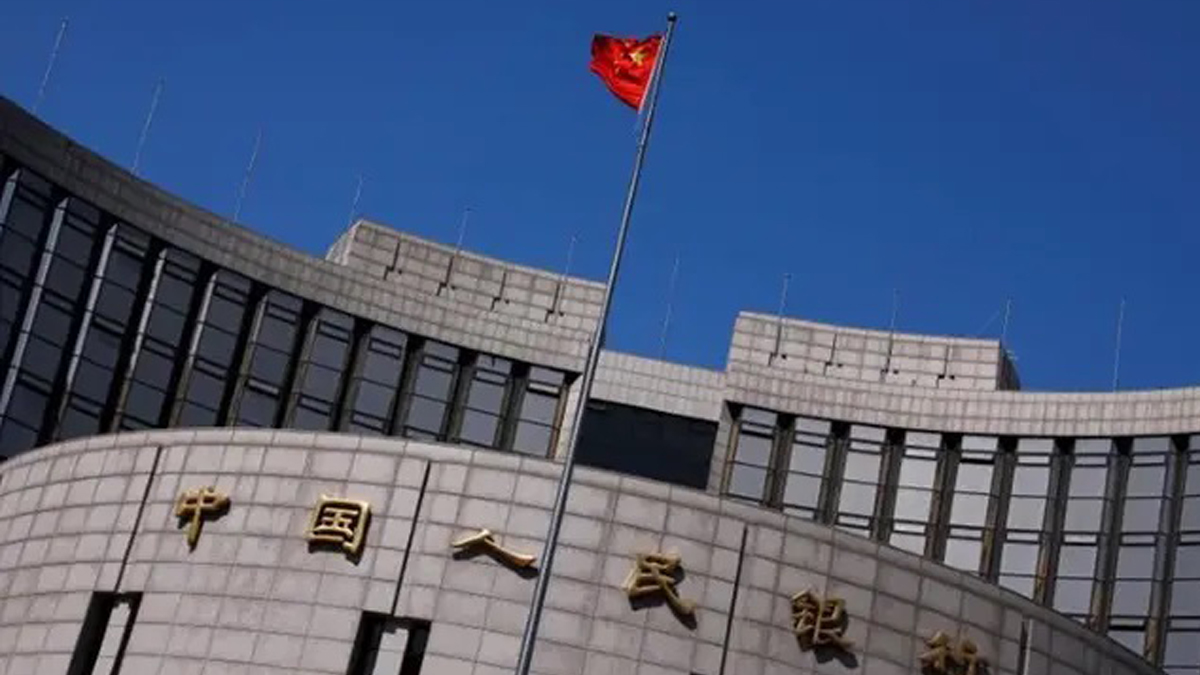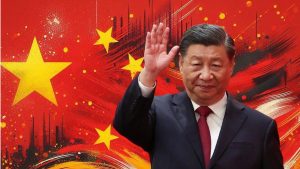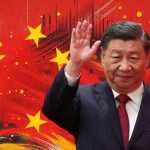Central banks worldwide are diversifying their foreign exchange reserves away from the U.S. dollar and Chinese yuan, opting instead to increase their holdings of gold, a “stateless currency,” in response to rising geopolitical tensions and global economic uncertainties.
The U.S. dollar’s dominance in global foreign reserves has significantly decreased from over 70% in the early 2000s to a historic low today, with the dollar now accounting for only 58.9% of the total $12.3499 trillion in global foreign reserves, according to the International Monetary Fund (IMF) as of March 2024. This represents a slight recovery from the end of 2023 but remains well below its peak.
Similarly, the yuan, which gained prominence after its inclusion in the IMF’s Special Drawing Rights (SDR) basket in 2016, has seen a decline in its share of global reserves. By March 2024, the yuan represented just 2.2% of global reserves, down from its peak in March 2022.
This shift is partly attributed to the global response to Russia’s invasion of Ukraine, which led to strict U.S. sanctions that effectively excluded Russia from the dollar-based financial system. These sanctions have prompted many emerging economies to accumulate gold, seen as a more secure asset in times of global fragmentation.
Gold purchases by central banks have surged in recent years, with net purchases in 2023 reaching approximately 1,030 tonnes, following a record 1,082 tonnes in 2022. In the second quarter of 2024 alone, net gold purchases amounted to about 183 tonnes, a 6% increase year-on-year, according to the World Gold Council (WGC).
China’s central bank reported maintaining its gold reserves at approximately 2,264 tonnes as of June 2024, following 18 consecutive months of reserve increases. Other countries, including Brazil and India, have also boosted their gold holdings, reflecting a broader trend among nations to diversify away from traditional currencies.
With ongoing conflicts like Russia’s war in Ukraine and unrest in the Middle East, central banks are likely to continue increasing their gold reserves. The potential for further geopolitical risks, including the possibility of a U.S.-China confrontation should Donald Trump return to the White House, may further drive this trend. As digital finance continues to evolve, emerging economies may face growing anxiety over holding dollar reserves, pushing them further toward alternative assets like gold.














Comments